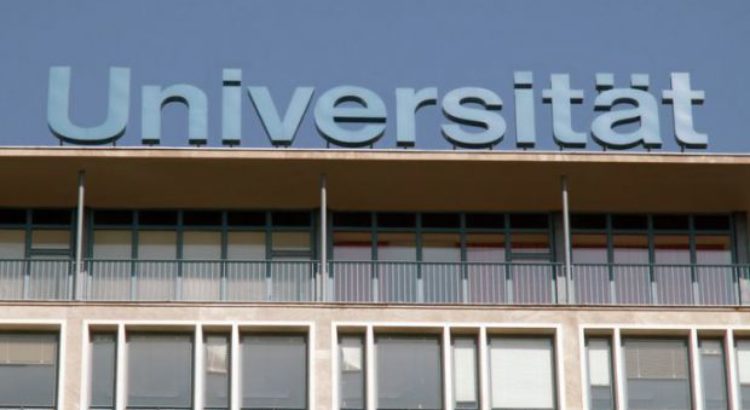Europa/Alemania/timeshighereducation.com/
Resumen: El nuevo ministro de Ciencia de Alemania ha señalado que los aumentos sustanciales en el presupuesto de investigación del país durante una década podrían estar perdiendo fuerza. Anja Karliczek, una cita sorpresa que, a diferencia de su predecesora, no tiene una formación académica, también sugirió que los investigadores necesitaban explicar mejor su trabajo al público, en una entrevista que marcaba tres meses en el papel.El país ha invertido dinero en redes de investigación y en el consejo nacional de investigación desde 2005, y se prevé que los presupuestos aumenten en un 3% anual hasta 2020. Lo que viene después aún está por decidirse, aunque el actual gobierno de coalición acordó continuar. esta trayectoria de financiamiento. Pero Karliczek, ex cajera de la canciller Christian Merkel de la Unión Demócrata Cristiana, adoptó un tono austero en una entrevista con el centro científico Spectrum.de ; la prioridad era asegurarse de que el dinero existente se gastara «de manera eficiente», dijo, aunque no mencionó números específicos. «Cuando los sistemas crecen rápidamente en un corto período de tiempo, llega el momento de hacer una pausa y consolidarse», dijo la Sra. Karliczek. Los «años venideros» no se tratarían de más fondos, sino de garantizar que las áreas de enfoque fueran las correctas, agregó. La tasa de aumento de fondos para el ministerio en los últimos 12 años no podría continuar, dijo. Pero habría dinero extra para ciertas áreas, como la inteligencia artificial, explicó. El gobierno alemán también responderá a la idea del presidente francés Emmanuel Macron para las universidades europeas, agregó.
Germany’s new science minister has signalled that the country’s decade-long run of substantial research budget increases may be running out of steam. Anja Karliczek, a surprise appointment who, unlike her predecessor, does not have an academic background, also suggested that researchers needed to better explain their work to the public, in an interview marking three months in the role.
The country has ploughed money into research networks and the national research council since 2005, and budgets are set to increase by 3 per cent a year until 2020. What comes after that is still to be decided, although the current coalition government had agreed to continue this funding trajectory.
But Ms Karliczek, a former bank teller from chancellor Angela Merkel’s Christian Democratic Union, struck an austere tone in an interview with science outlet Spectrum.de; the priority was to make sure that existing money is spent “efficiently”, she said, although she did not mention specific numbers.
“When systems grow quickly in a short period of time, there comes the time to pause and consolidate,” Ms Karliczek said.
The “coming years” would not be about more funding, but about making sure that the areas of focus were correct, she added. The rate of increased funding for the ministry over the past 12 years could not go on, she said.
But there would be extra money for certain areas, such as artificial intelligence, she explained. The German government would also respond to French president Emmanuel Macron’s idea for European universities, she added.
Since Germany began its so-called Pact for Research and Innovation in 2005, it has made gains on science rivals on some measures, catching up with the UK and US in terms of researchers per capita, and overtaking the US on the proportion of gross domestic product spent on research and development.
Pure research organisations such as the Max Planck Society would have as much freedom as possible, Ms Karliczek also said in the interview, but warned that they must develop greater “interconnectedness” with business and society, and promised new forms of “accountability” for research organisations.
She also called for researchers in Germany to get out more and explain what they did to the public, worrying that current science had become too specialised for ordinary people to understand the big picture. Researchers could try to explain their work in better-read, less highbrow publications, she suggested.
david.matthews@timeshighereducation.com
Fuente: https://www.timeshighereducation.com/news/new-german-minister-signals-research-budget-restraint







 Users Today : 6
Users Today : 6 Total Users : 35459912
Total Users : 35459912 Views Today : 6
Views Today : 6 Total views : 3418471
Total views : 3418471